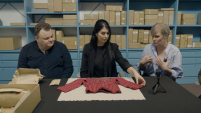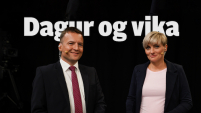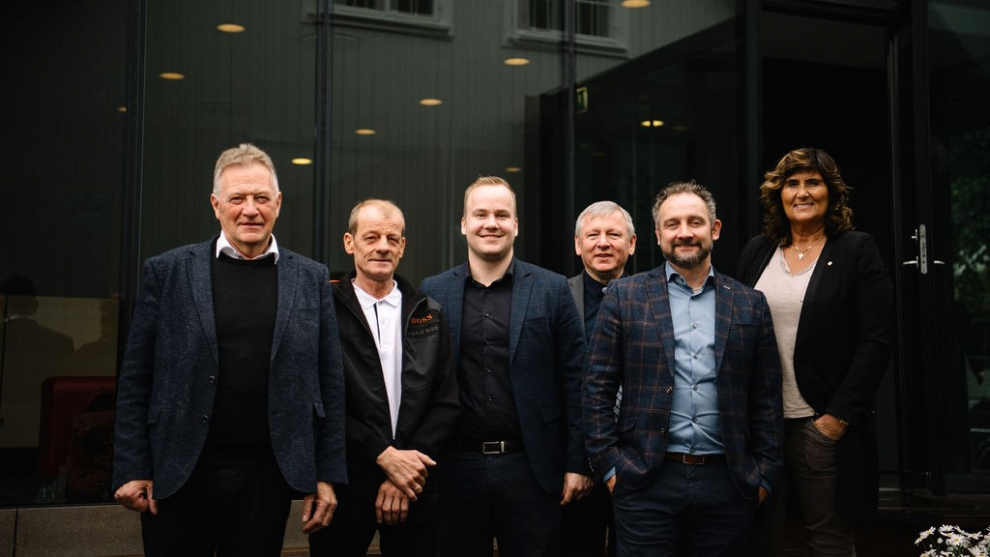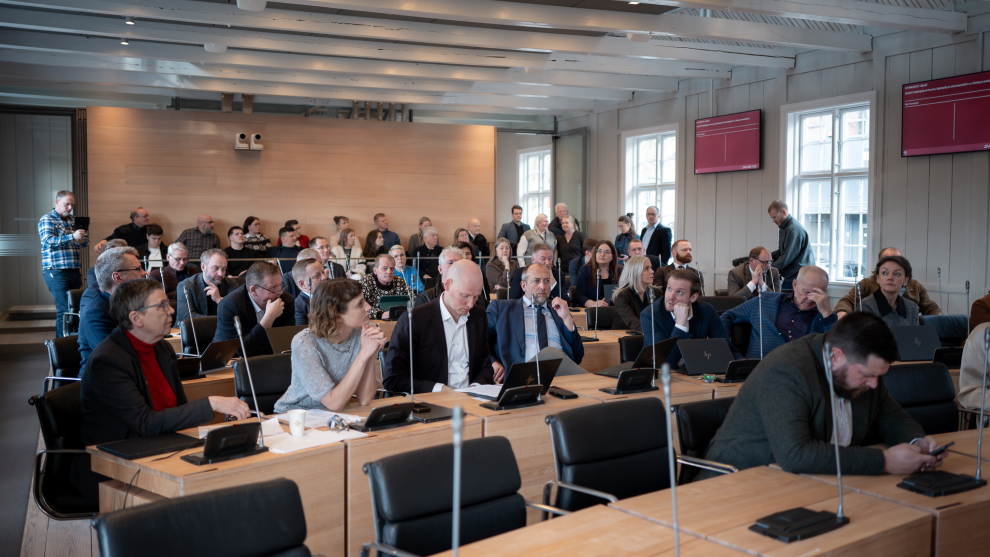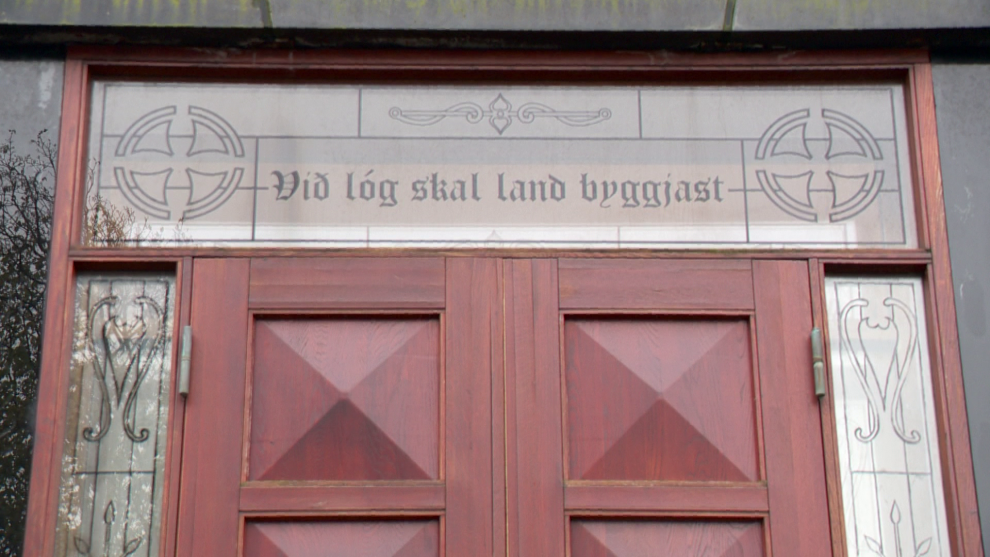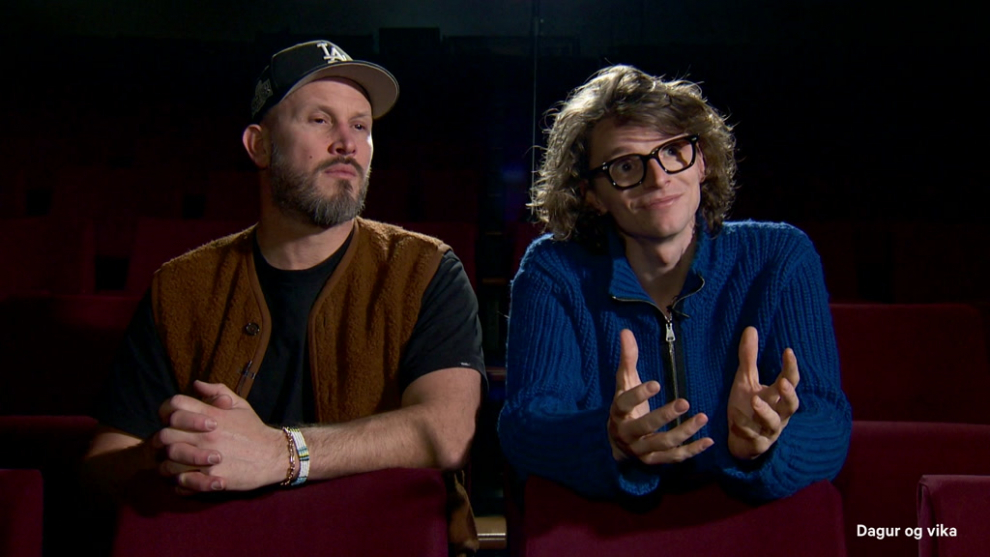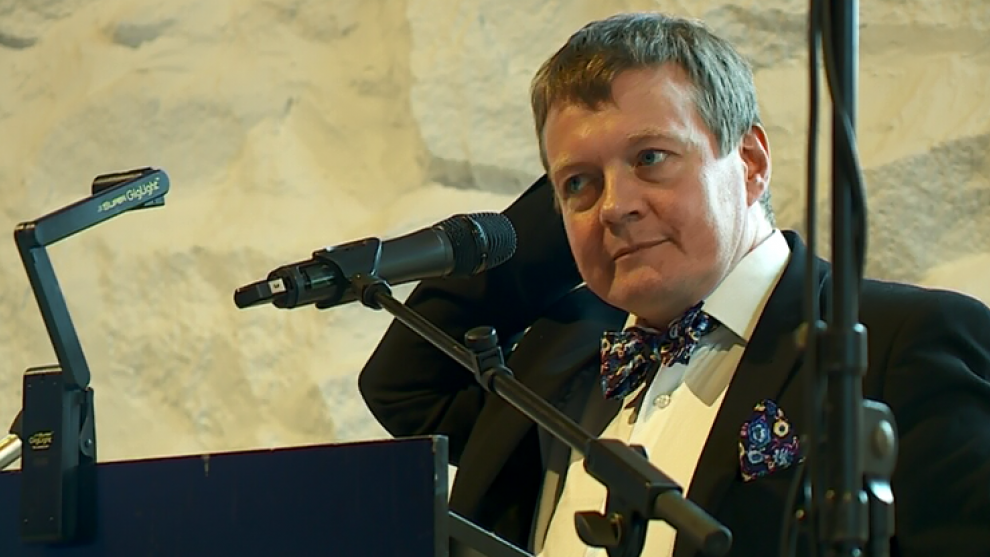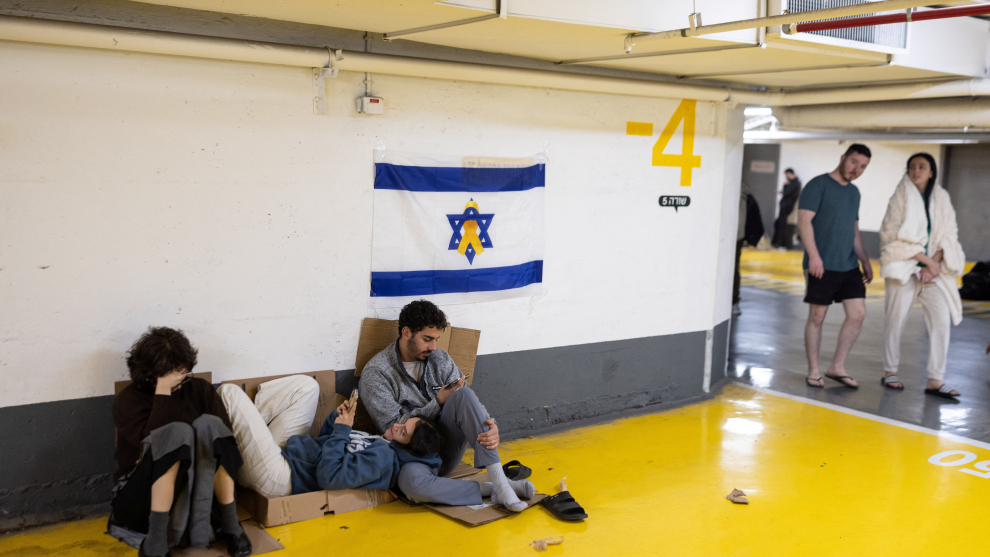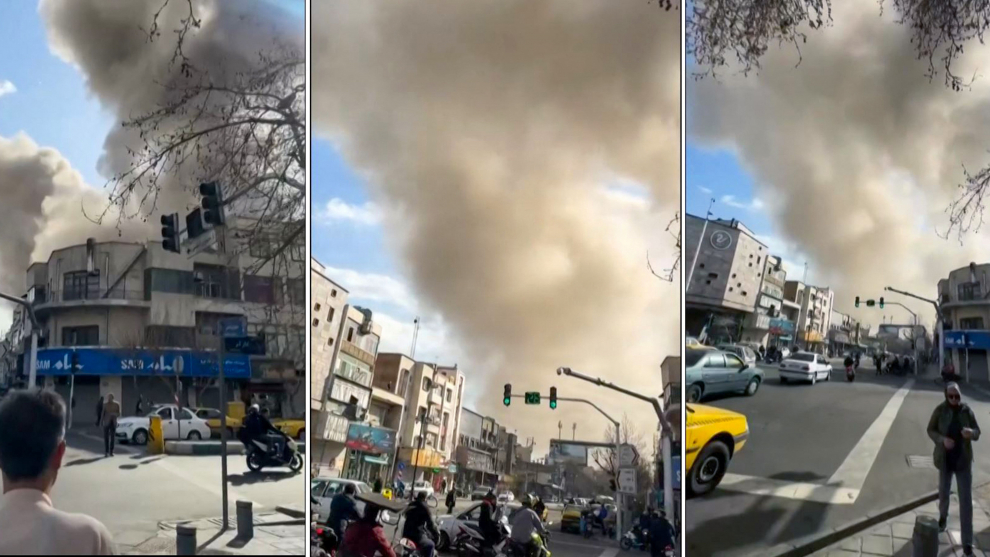- Tíðindi, mentan og ítróttur
Pupils stumble in PISA test, falling two years behind
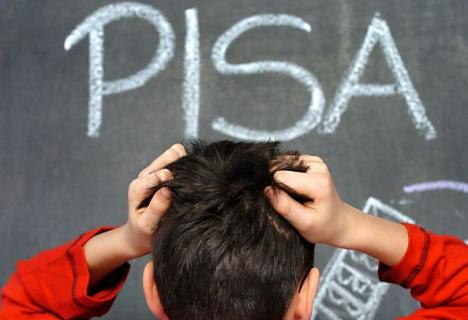
Faroese schoolchildren display a massive decline in maths and reading skills compared to other OECD countries.
This became clear when the latest The PISA (Programme for International Student Assessment) test results were presented this week.
The average Faroese score in maths was a mere 446, the worst Faroese result ever and a drastic decline of 45 points compared to the 2018 score.
Reading skills are also well below the OECD average.
>> SEE ALSO Faroese pupils’ reading skills have become worse
PISA is the OECD’s worldwide study intended to evaluate educational systems by measuring 15-year-old school pupils' scholastic performance on maths, science and reading.
The test, which has been repeated every three years since 2000, provides comparable data to help countries evaluate their education systems and make improvements.
“This is an alarming decline,” says Ingi Højsted, head of research at the Department of Education at Setrið, the University of the Faroe Islands.
“According to the OECD, a 20-point drop in PISA scores is equivalent to losing one year of progress, so our 45-point decline indicates that Faroese pupils have fallen two years behind the international standard.”
>> SEE ALSO Minister: school exams will continue
Despite declines across the Nordic region, the Faroese results dropped the furthest.
“In terms of maths, our analyses show that Faroese pupils struggle to apply mathematical concepts to real-life situations,” says Højsted.
“This is largely because applied mathematics is not a prevalent theme in Faroese schools, unlike in e.g. Denmark. The use of digital tools such as Excel and dynamic geometry programs for simulations is also lacking in Faroese schools. This is something we need to address.”
PISA is a good indicator
PISA assesses not only students' factual knowledge but also their ability to apply that knowledge to real-world situations.
“The results serve as a useful reminder that Faroese pupils lag behind when it comes to applying what they learn in school,” says Erla Olsen, the dean of the Department of Science and Technology at Setrið.
“We need to adjust our exams to make sure our pupils learn to think critically and read between the lines.”
She emphasises that PISA provides valuable insights into how Faroese schools compare to education systems in other developed countries.
>> SEE ALSO The future of exams still undecided
In terms of reading skills, the PISA results (unspecified in the news) indicate that most Faroese students are well below the OECD average.
“According to PISA, many Faroese pupils are in a ‘danger zone’ regarding reading skills, indicating that they will be unable to adequately participate in future workplaces and economies. This is something we should take seriously,” says Páll Isholm, a lecturer at Setrið’s Department of Education.
“This should serve as a cause for reflection because our pupils tend to do much better in domestic exams than in the PISA tests. We need to delve into the reasons behind this gap and ask to which degree we are willing and able to restructure our exams to reflect the rapidly changing world around us.”
Read the Faroese version of this article here.
English version by prosa.fo.
More Faroese News in English.








